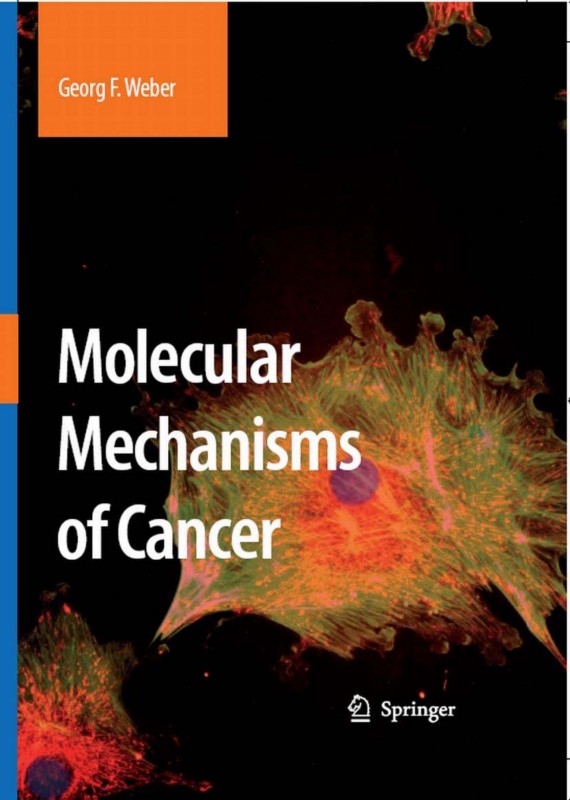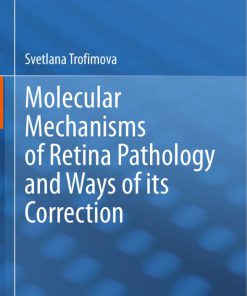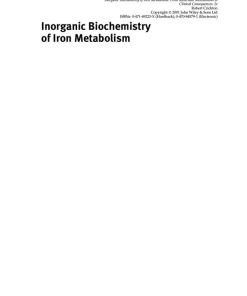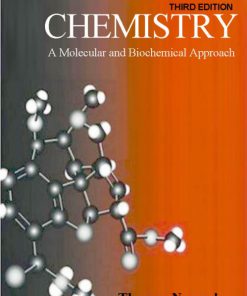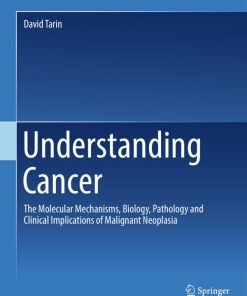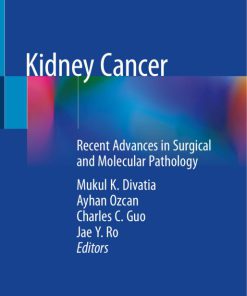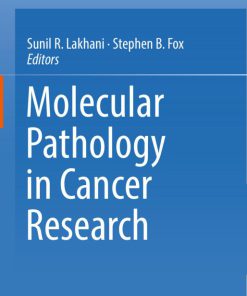Molecular Mechanisms of Cancer 1st Edition by Georg F Weber ISBN 1402060157 9781402060151
Original price was: $50.00.$25.00Current price is: $25.00.
Authors:Georg F. Weber , Series:Medical [20] , Tags:Medical; Oncology; General; Science; Life Sciences; Molecular Biology; Research; Cell Biology , Author sort:Weber, Georg F. , Ids:9781402060168 , Languages:Languages:eng , Published:Published:Sep 2007 , Publisher:Springer Science & Business Media , Comments:Comments:Cancer may constitute the most extensively studied functions constitute a second line of defense that disease entity of our time. Nevertheless, our com- protects against transforming defects in oncogenes prehension of the cellular and molecular pathology or tumor-suppressor genes and are here considered of malignant transformation is incomplete. In view as metasuppressor genes. Advances in the molecular of the diverse clinical presentations of various explanations of growth dysregulation, metastasis malignancies, doubts may be raised as to whether it formation, extension of life span, and loss of ma- is appropriate to refer to cancer as one group of dis- tenance of genomic and epigenetic integrity in ease states. The notion of malignant tumors as a cancer suggest models for their causal connection. pathologic and pathophysiologic class of conditions The mechanisms of growth control, senescence, and begs the question for defining criteria that charac- anchorage dependence are linked on the molecular terize all malignant growths, regardless of their tis- level (Chapter 8). In cells that are not fully differ- sue of origin. Toward this goal, the recognition that tiated, the overactivation of oncogene pathways tumor development is caused by the dysregulation also induces the expression of metastasis genes. of growth-controlling genes (oncogenes and tumor- Telomerase, the enzyme that prevents cell sen- suppressor genes) has advanced our mechanistic cence, is expressed in these precursor cells and may understanding of oncology (Chapter 3). However, be further activated by growth factor signaling.

